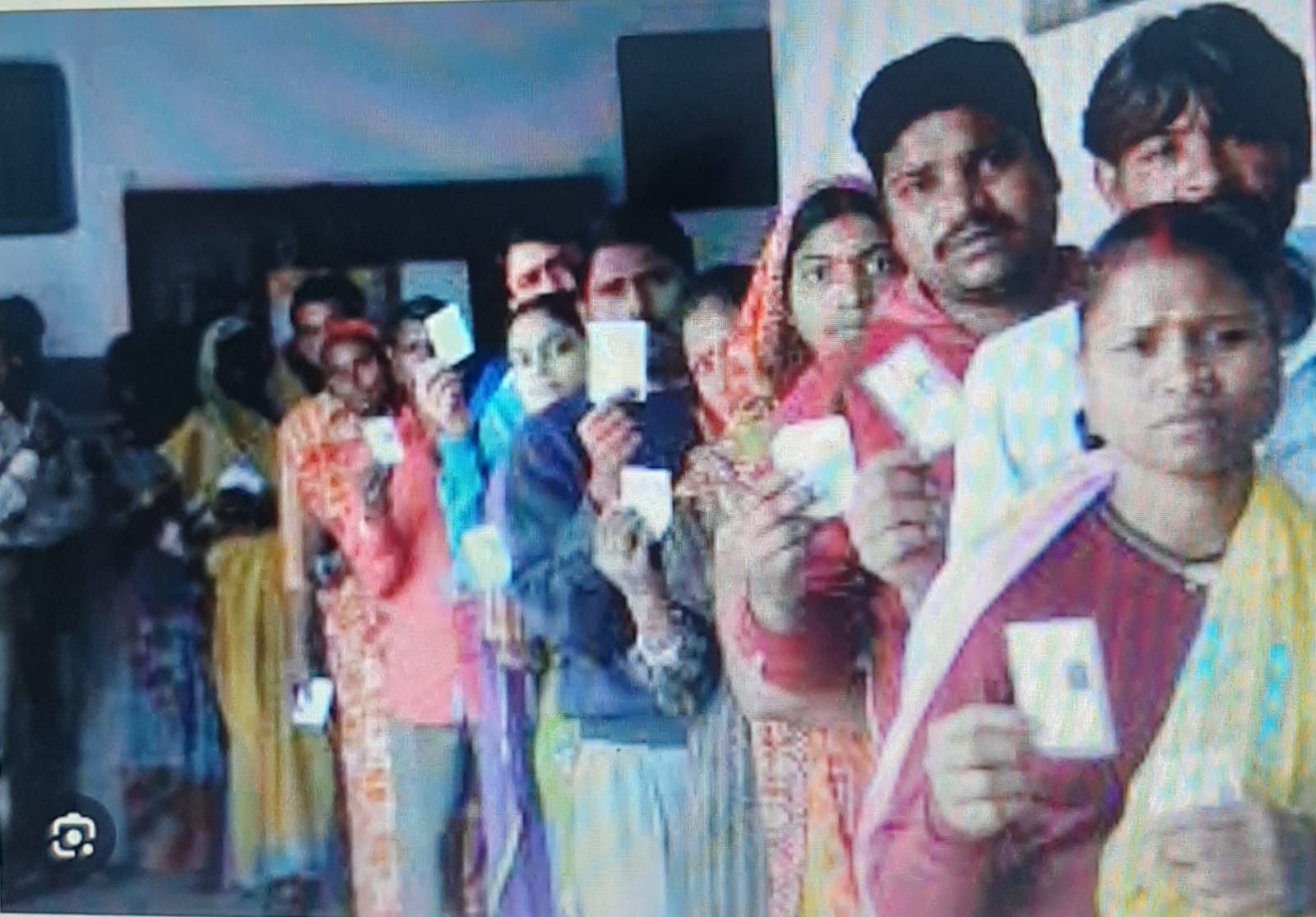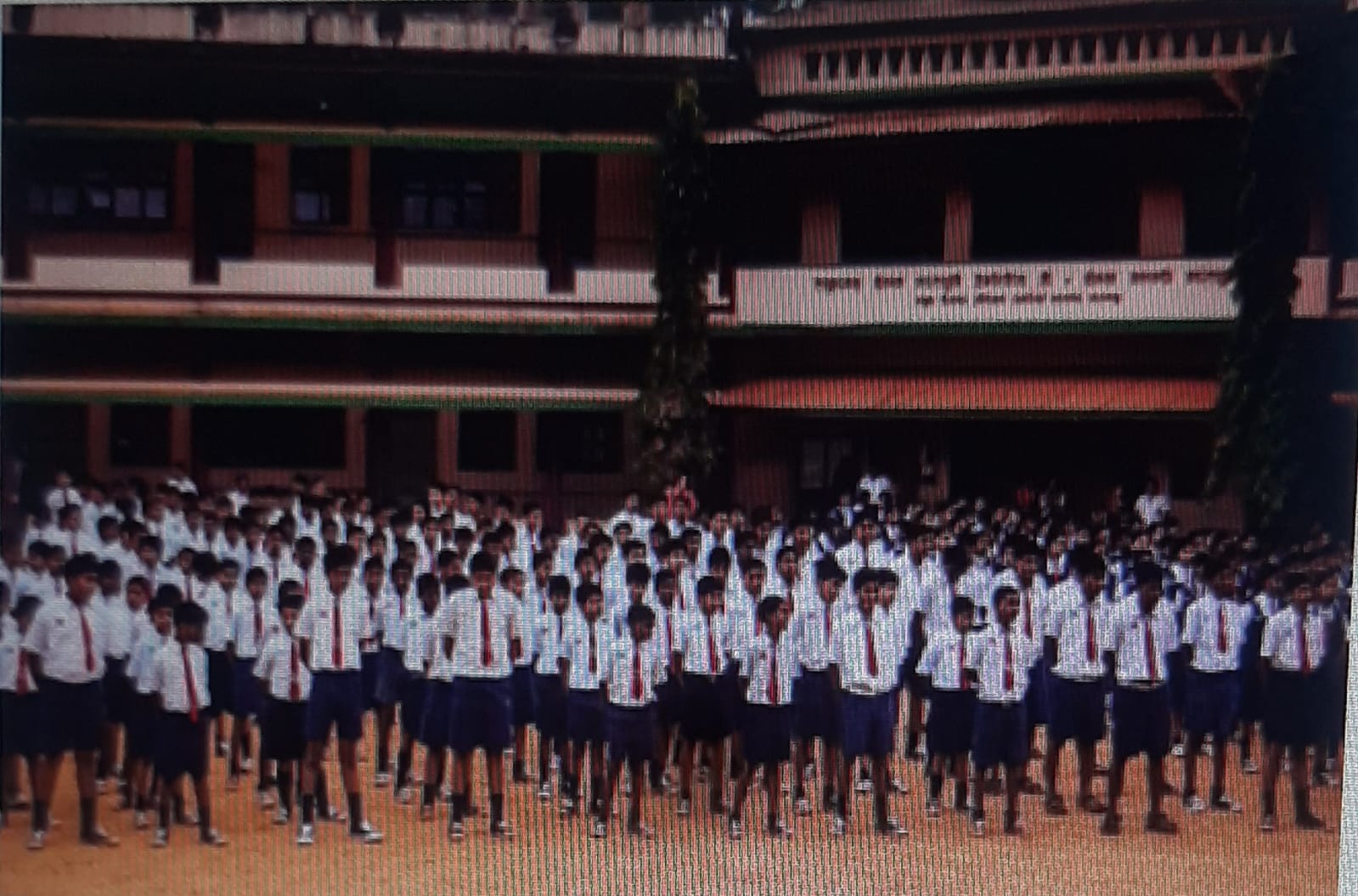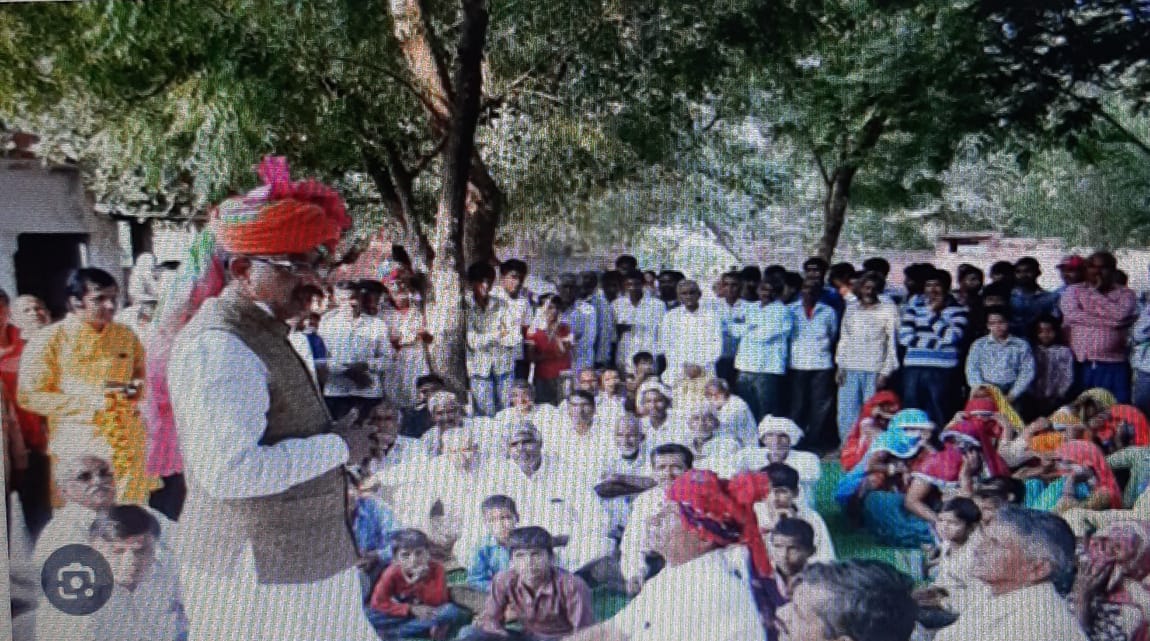
Sangrur (Punjab)
Here, Azaan blends with the chimes of the temple bells and hymns of Aarti. Every day, leaves from the Bael tree are plucked from inside the Aqsa Masjid to decorate the Shivling at the Lakshmi Narayan Mandir. On the festivals of Diwali and Eid, people gift each other with boxes of sweets and fruits. “This is our Ayodhya. A peaceful one and full of love,” says Chetan Sharma, the priest of the Lakshmi Narayan Mandir which shares more than a nine-inch common wall with Aqsa Masjid located in Somsons colony of Malerkotla town in Sangrur, Punjab.
In Punjab’s lone Muslim-majority city of Malerkotla, the Lakshmi Narayan Temple and Aqsa Masjid stand abreast, surviving all the testing times like that of sacrilege threatening their peace and depicting unity and communal harmony in the city.
Here in this town, Muslims attend Mata ki chowki whereas Hindus make Sharbat for Iftar. During the holy month of Ramzaan, both Pandit Chetan Sharma and Masjid Maulvi Mohammad Hashim fix and co-ordinate Aarti and Azaan timings. “Aarti begins at 6.30 pm and as it ends, Azaan begins, likewise in the morning. Colony residents here bow in front of both shrines irrespective of their religion,” states Chetan Sharma. Masjid Maulvi Mohammad Hashim says that the mosque administration provided electricity and water for the construction of the temple. Even on the day of its inauguration in 2016, Muslims served tea and snacks and welcomed all the devotees.
Respecting Each Other’s Political Views
While remembering the incident when Quran sacrilege rocked the town leading to arson in 2016, Mohammad Shabbir, the mosque head tells The Indian Express, “Our Sikh and Hindu brothers stood with us shoulder to shoulder. They guarded the mosque and stood by us.” The temple priest, Chetan Sharma also agrees on this and says that incidents of sacrileges and curfews happen, but neither do they stop talking to each other nor do they discuss elections. According to him, politicians play politics, by making communities fight. However, he says, “Yahaan ki shaanti koi bhang nahi kar sakta. Chunaav aur neta ka kya hai, yeh toh aate jaate rehte hain, par padosi ke saath toh roz rehna hai, roz ek dusrey ki zaroorat padti hai (No one can disturb peace here. Elections and politicians will come and go but you have to live with your neighbours daily. We need each other every day).”
Both Pandit Chetan Sharma and Maulvi Mohammad Hashim have different political views, however, both of them respect each other’s opinions and do not get engrossed in useless political debates. “Maulvi Sahab greets me with ‘Ram Ram’ every day. We talk about a lot of things from village life to food but stay away from the politics of Mandir-Masjid,” tells Chetan Sharma.
The Business Standard reports that in this Muslim majority city of Malerkotla, Muslims who own badge-making workshops employ Hindu artisans, while the Sikh businessmen hand over the responsibility of their establishments to Muslim employees, but never engage in futile debates over who should become the Prime Minister of the country. Arijit Singh, a kitchen-ware dealer, who has five Muslim employees working in his shop says, “The tricolour is more important to me than the flag of any political party. What’s the need for fighting over Mandir and Masjid when everything means the same? (Courtesy: The Logical Indian)









